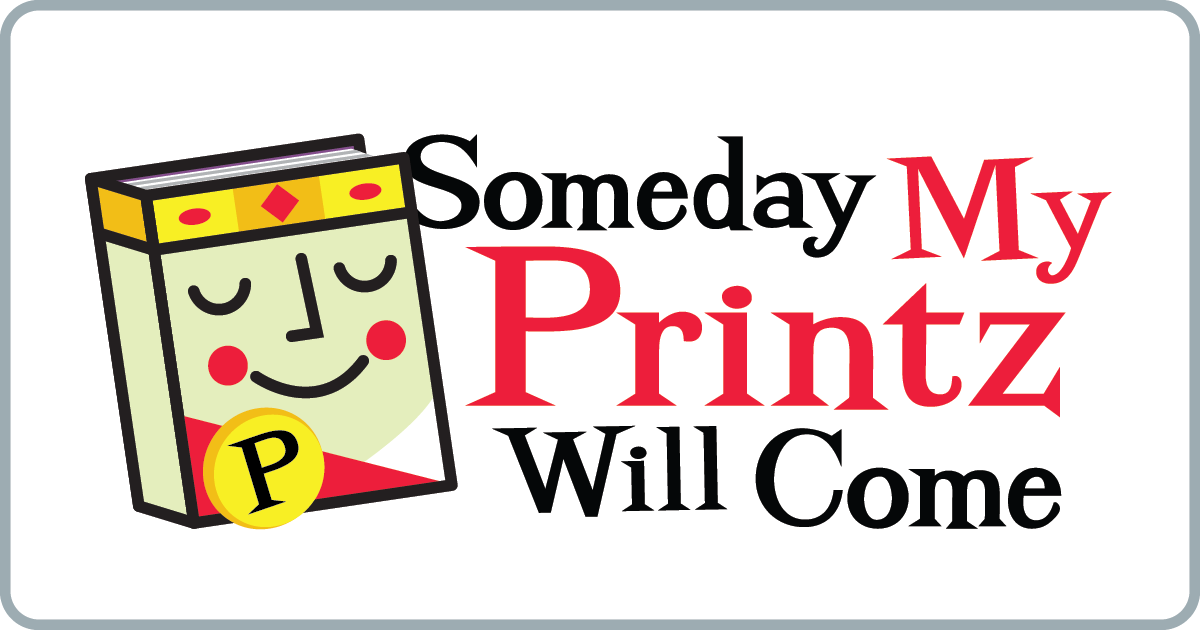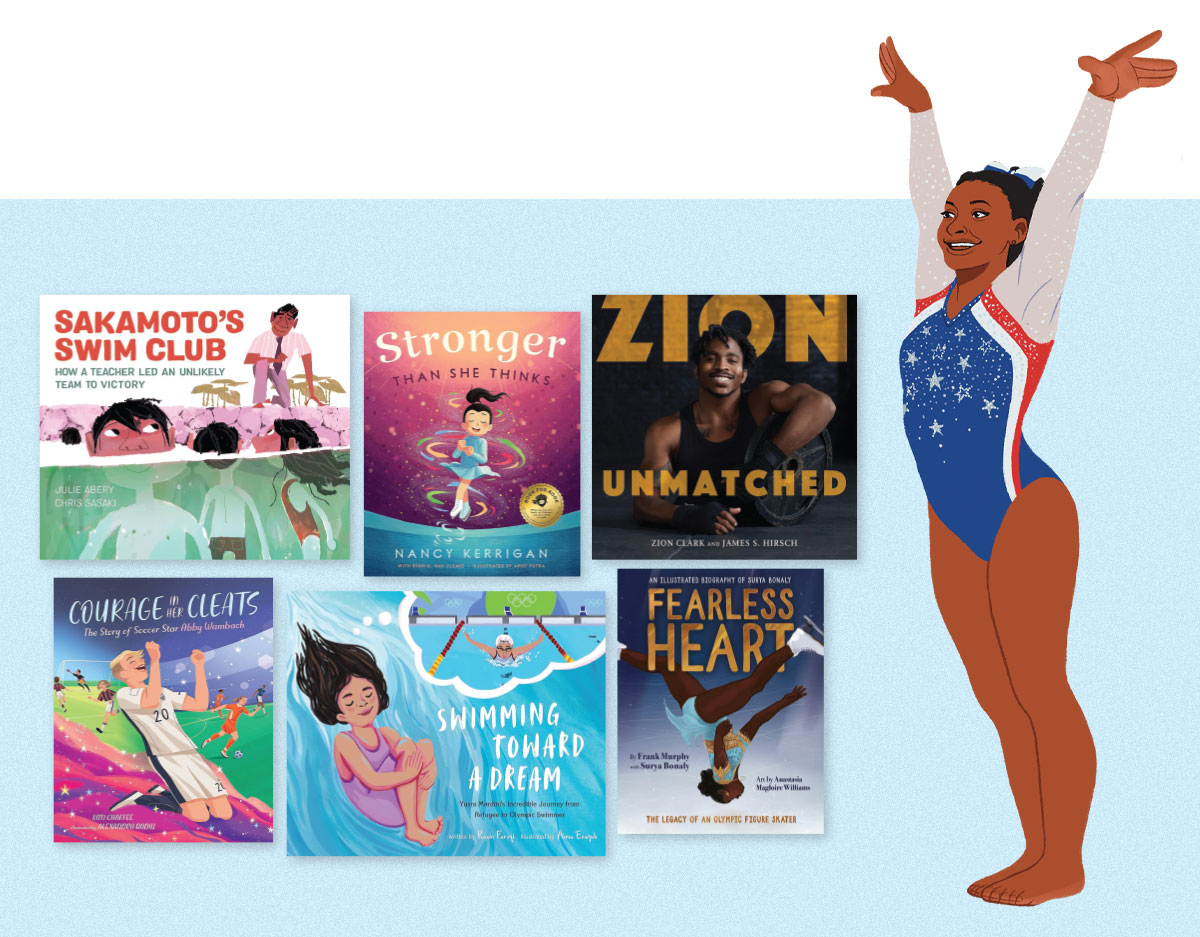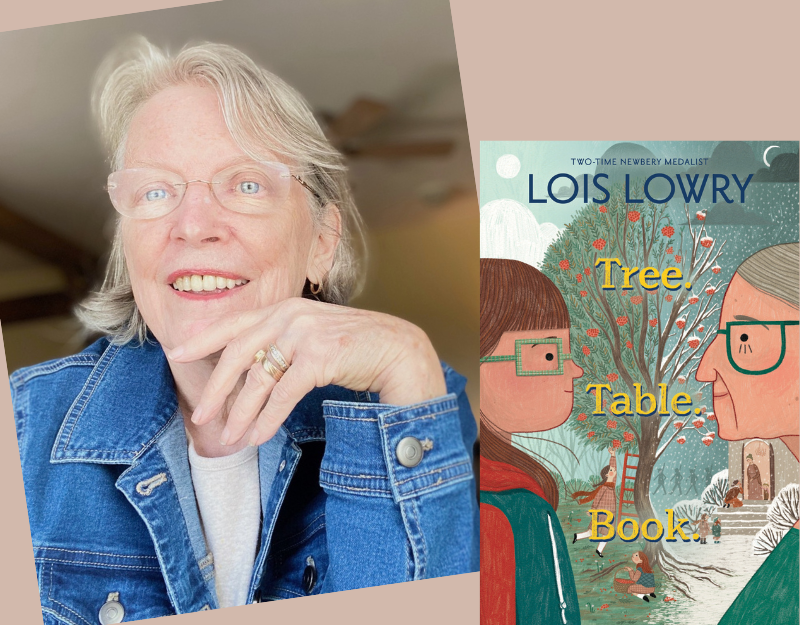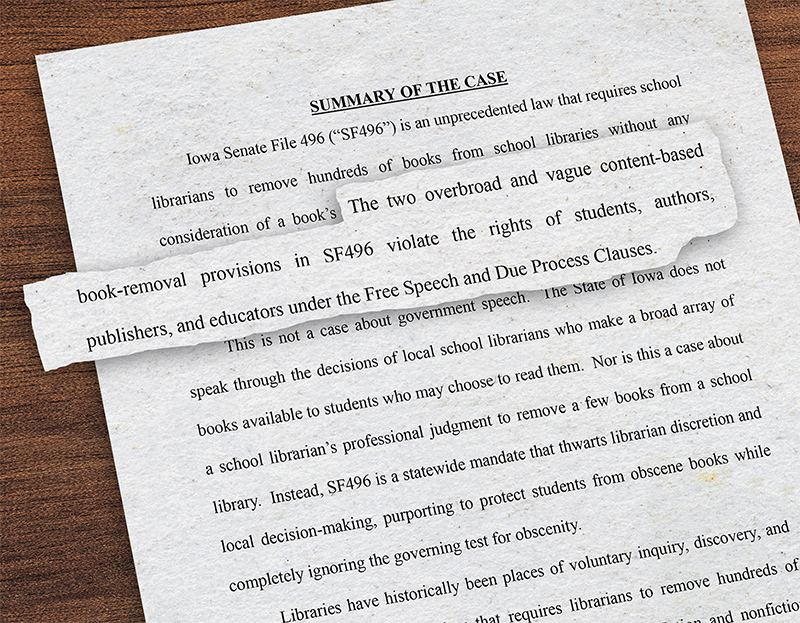SCROLL DOWN TO READ THE POST
Dying to Know How this Is YA
 Dying to Know You, Aidan Chambers
Dying to Know You, Aidan Chambers
Amulet Books, April 2012
Reviewed from ARC
Look, Aidan Chambers is an immensely accomplished writer. He was one of the early Printz winners, people write critical essays about his books, and he plays quite impressively with form in many of his novels. He certainly has a a steady command of his language, and while there are aspects of Dying to Know You I don’t like, when it comes down to it a lot of this is stylistic quibbling and reader preference, which is not a Printz-worthy argument.
Not stylistic? The decision to have this ostensibly YA book narrated by a 75-year-old man.
75. Let that sink in for a moment.
I am a staunch defender of the right of a YA book to seem not very YA at all and STILL be eligible for the Printz. I have always been slavishly devoted to a reading of the P&P that recognizes and honors those books that may have limited audience because they are so upper YA they are practically adult, and I will fight to the death for books like, oh, anything Mal Peet has ever written.
ADVERTISEMENT
ADVERTISEMENT
But it turns out I do have a line in the sand. This isn’t me, Karyn, ranting because I don’t like old narrators. It’s me suddenly wondering if I as a librarian and critic agree more with Sophie’s reading of the P&P than I ever thought I did. I’ve always been a bit of a literalist: if it’s published as a YA and it’s brilliantly written, it’s a serious contenda. Done. Sophie posited a very different take: part of the literary quality of a YA book is it’s thematic or plot relevance and resonance for a YA audience, which would comprise readers somewhere between the ages of 12 and 18.
(I am a terrible blogger because I can’t find where Sophie said this, and now I’m worrying it is in some random email or Google doc and not in a post or comment at all, so I am posting that statement without a link. If anyone else remembers Sophie saying that on record, won’t you please comment with the link so I can attribute the statement?)
75 is old, and I mean no disrespect there. But the gap between 18 and 75 is BIG. (57, to be precise, which is more than the age of the parents of many current teens. That’s more than a generation.)
I spent most of my time with Dying to Know You feeling confused about where the YA part of the story would come in. Yes, there is a teen character, but the essence of the book is about how the teen character, Karl, changes the narrator, and although this is a tale of friendship and Karl’s life is also affected a lot by the relationship, this is very much constructed as the narrators book.
In fact (spoiler warning), it turns out this is literally the narrator’s book: he is an author who has not been able to write since his wife died, but at the end he begins a new story, and the last lines of the novel we read are the same as the first lines, only now we understand that we’ve been reading his version of the story indeed, and it is the very thing that has broken his writer’s block. Very meta.
In all fairness, and because I know someone will raise this, we do hear from two teen characters. Karl we hear mostly filtered through the narrator’s voice; the premise is a Cyrano sort of plot element, where Karl has chosen his girlfriend’s favorite author to ask for help writing a series of letters to her (that she has demanded). So we read Karl through the narrator on multiple levels, talking about him to us, the readers, writing Karl’s letters for Fiorella, and then talking for and about Karl to other characters. Fiorella we hear in her own words through emails she sends the narrator, as well as filtered through Karl’s telling (which we are actually seeing at a double remove).
ADVERTISEMENT
ADVERTISEMENT
The literary gymnastics of narrative voice here are very impressive, so it’s no wonder this received four starred reviews. And if the dialogue without attributions drives me crazy because I find it confusing to read, I forget who is speaking, and I need to read almost every passage like this again? Well, it’s style, and really I can’t fault Chamber’s command of his style.
All I can say is that a book concerned more with old age — with sciatica and prostate troubles, concerned more with the old man who regains his enthusiasm and hope through mentoring a young man than with the young man, who exists merely to mirror the old man (the narrator states outright that one of the things he likes about Karl is that he is reminded of himself, and Karl’s depression is a clear reflection of the narrator’s depression, and just as he helps Karl pull through, Karl has helped him) — that is a book for a different audience.
So I am rethinking my working definition of excellence when it come to literature. There is no question that the writing here, without concern for thematic resonance, is solid, although you could quibble with some of the pacing and how and where Fiorella’s letters fit in. But if I consider Sophie’s points about the book suiting the intended audience at some level, and my own use of the dictionary that led us to theme and meaning as part of what makes excellence, I can construct an argument about how this book is just not an excellent book if we consider it specifically as a YA title.
Curious to hear what others think. And despite how much I think this misses the audience mark, in my heart I also suspect it might belong in the top 10 nomination pile. So let’s discuss. Does relevance or resonance with the target audience matter? Is a publisher descriptor of a book as YA enough, or does YA mean something? Can we explode this comment stream with a rousing argument?
Filed under: Contenders, Fiction
About Karyn Silverman
Karyn Silverman is the High School Librarian and Educational Technology Department Chair at LREI, Little Red School House & Elisabeth Irwin High School (say that ten times fast!). Karyn has served on YALSA’s Quick Picks and Best Books committees and was a member of the 2009 Printz committee. She has reviewed for Kirkus and School Library Journal. She has a lot of opinions about almost everything, as long as all the things are books. Said opinions do not reflect the attitudes or opinions of SLJ, LREI, YALSA or any other institutions with which she is affiliated. Find her on Twitter @InfoWitch or e-mail her at karynsilverman at gmail dot com.
ADVERTISEMENT
SLJ Blog Network
Name That LEGO Book Cover! (#53)
Cover Reveal and Q&A: The One and Only Googoosh with Azadeh Westergaard
K is in Trouble | Review
Alternate Worlds: Exploring Disability and COVID in YA Fiction, a guest post by Bethany Mangle
The Classroom Bookshelf is Moving
ADVERTISEMENT
ADVERTISEMENT







